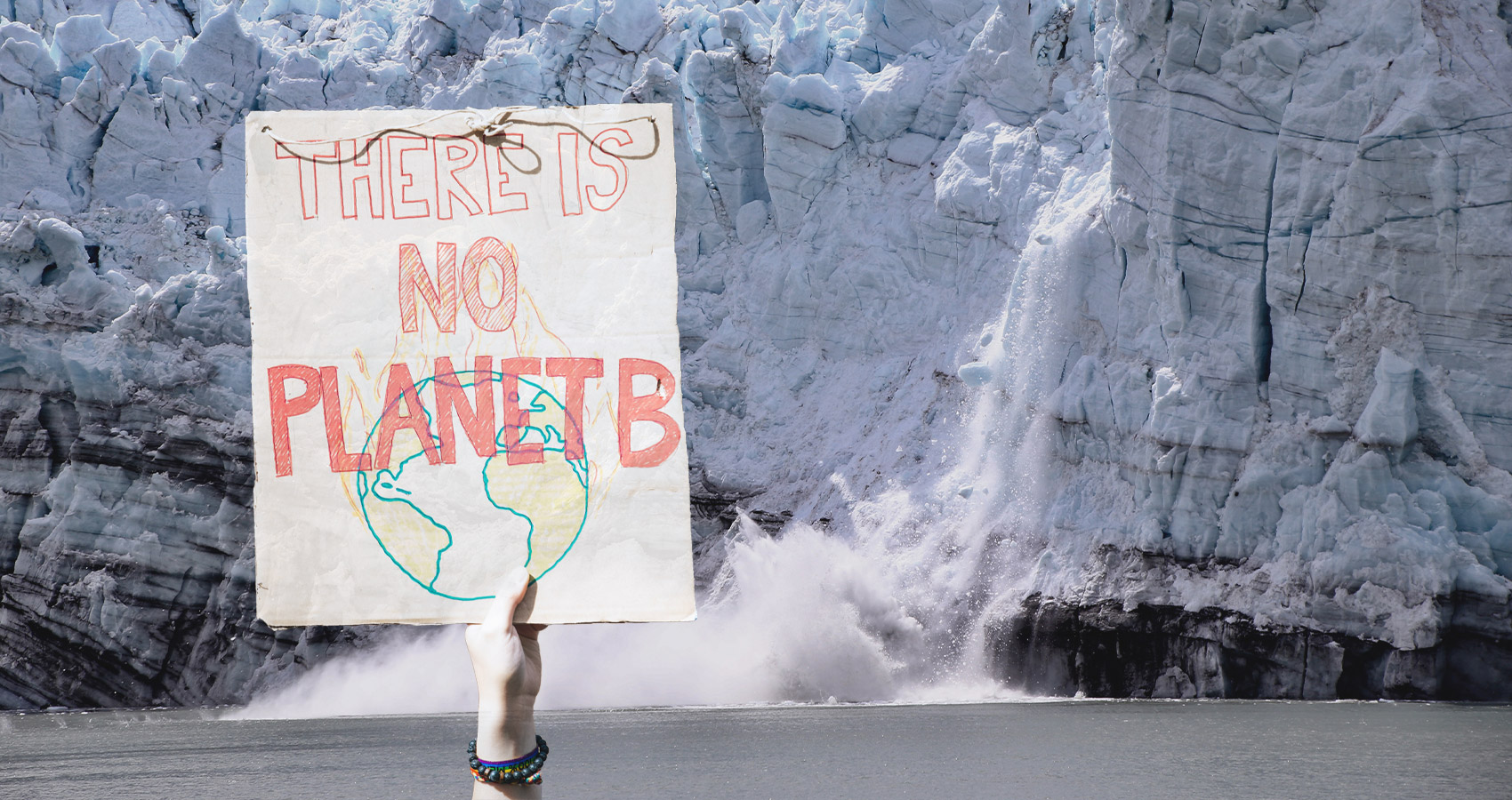
Global Warming Hitting Europe And Polar Regions Hard
2022 has officially been named the fifth warmest year on record. I wonder what 2023 has in store...
My memory of last summer: my partner used to be a postman and one of the many unlucky few who delivered in the dangerous heat. Being told he would only be allowed to halt shift when temperatures hit 36°C and cool down under a tree is an eye-rolling scenario. He was struggling. I couldn't imagine working in those extreme circumstances, considering when I went outside to see what the chaos was about, it was the equivalent of being hit in the face when you open the oven. So it's no shock that reports surface of record-breaking temperatures and global warming impacts.
A study from the EU's Climate Monitoring Section Copernicus has concluded that 2022 has been recorded as the fifth hottest year on record, following 2016, 2017, 2018, and 2020.
The Earth's polar regions and Europe have endured the most negative effects of global warming in 2022. The north and south pole has seen rising heat levels up to 2°C, and Europe's temperatures surpassed twice the average in the past 30 years!
"We're already experiencing climate change now. The heatwaves that we saw in Europe over the summer - but also the spring, the autumn. Many people will remember the heatwave that we had over the New Year's period as well. So, we're seeing heatwaves, not only in the summer but in the rest of the seasons." - Dr. Samantha Burgess, Deputy Director at Copernicus.
Both continents broke records as France, Italy, UK, and Spain experienced their hottest year.
"If we do a fairly simple linear extrapolation, and if we look at the current level of emissions and current level of warming, we will hit 1.5°C sometime in the early 2030. So we're already living on borrowed time effectively and borrowed emissions as well." - Dr. Burgess.
As temperatures continue to hit record levels, Europe has officially become the continent with the highest temperature increases in the past 30 years. Researchers are linking this finding to both; their closeness to the Arctic and the 'land areas warming faster than seas.' The Arctic is warming at a rate four times the average. Due to this, the ice is melting faster, creating warmer regions and unearthing darker land and sea areas, increasing sunlight absorption.
Although there is some positive progress, the worry of our future and the heat we will have to endure is clinging to us like a parasite.
Up Next, Should I Buy A Tote Bag For 2023? Our Guide











